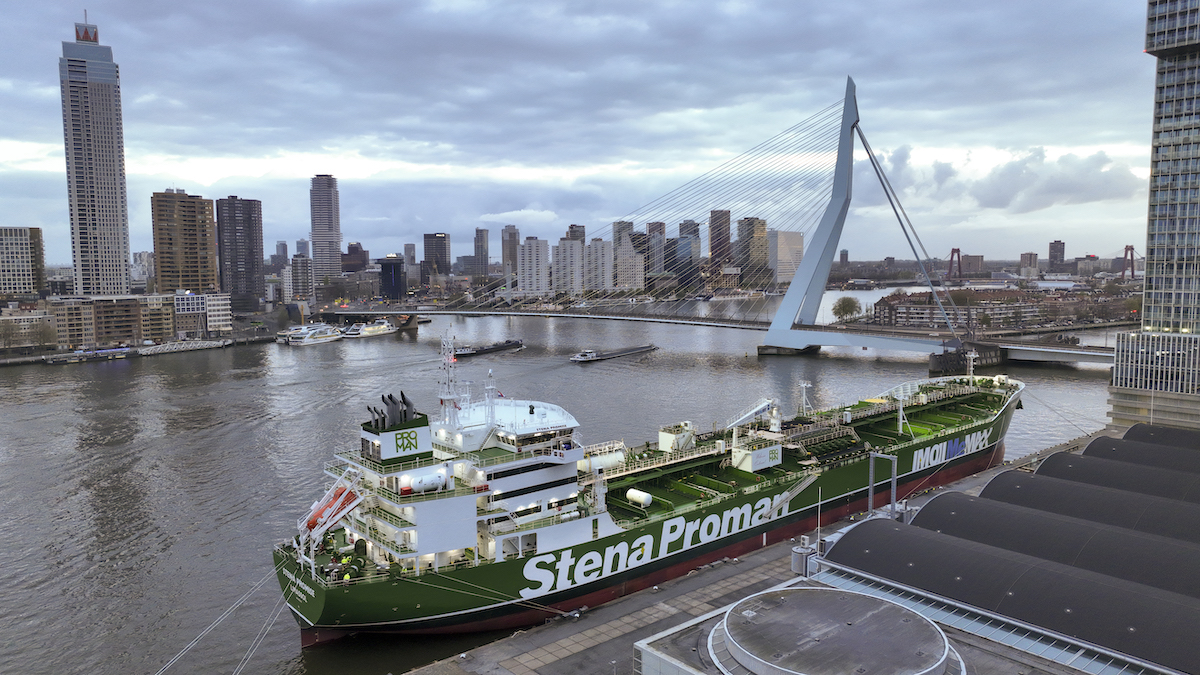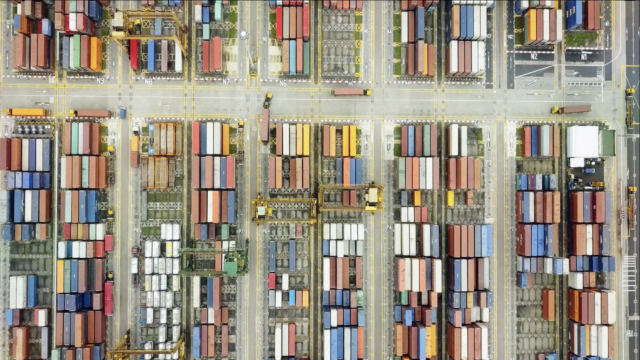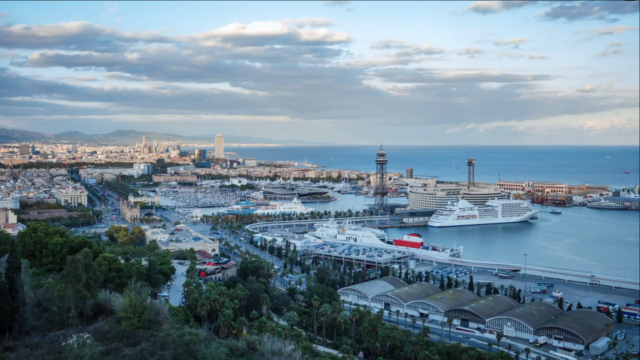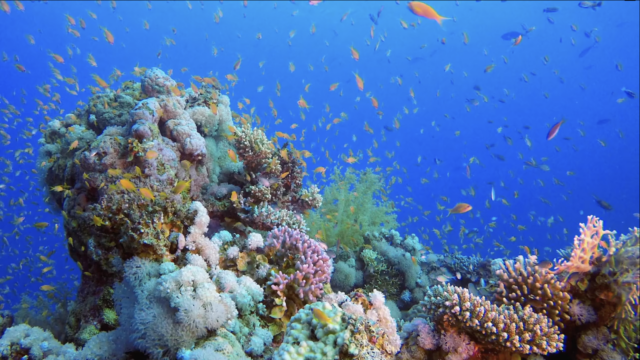Climate change poses one of the biggest challenges of our time. The 2016 Paris Climate Change Agreement set a long-term goal for all nations to substantially reduce global greenhouse gas emissions – to limit the global temperature increase to 2 degrees Celsius by the end of this century, while pursuing efforts to limit the increase to 1.5 degrees. The COP26 summit in November 2021 recognised that the 1.5 degree goal was still within reach but required rapid and accelerated action from all nations to achieve it.
Shipping generates over one billion tonnes of emissions per annum, roughly equivalent to the total emissions of Germany (or c. 3% of global greenhouse gas emissions). As well as carbon dioxide (“CO2”), shipping emissions include airborne pollutants such as sulphur oxides (“SOx”), nitrous oxides (“NOx”) and particulate matter, all of which have a significant proven impact on air quality and public health.
The total current VLSFO, MFO and MGO fuel consumption by the maritime industry is estimated to be c.350 million tonnes per annum.
These emissions are expected to increase further as shipping volumes are projected to grow. However, unlike other sectors that can decarbonise more easily, international shipping is not covered by the Paris Agreement but regulated under the International Maritime Organisation (IMO).
Regulations from the IMO and the EU, as well as increased requirements from customers and financial institutions, are expected to push the shipping industry towards net zero emissions by 2050 at the latest.
Download Annex III Article 9 RTS
Download Annex V Article 9 RTS
LEMSCO Disclosure document
Emission reduction targets
First vessel entry into service First half of 2022.
Each vessel will use c.12,000 tonnes of methanol fuel per year.
We saved 6,500 tonnes of GHG emissions across a fleet of six methanol-fuelled vessels in 2024 by using methanol in place of VLSFO. That’s the equivalent of taking over 2,850 cars off the road per year.
The role of the LEMSCO fund
LEMSCO is actively developing the global market for methanol as a clean burning, biodegradable energy product with a demonstrated net-zero pathway, reducing consumer reliance on ‘bottom of the barrel’ traditional marine fuels.
Fully re-engineered for low resistance and efficient propulsion, the initial four IMOIIMeMAX vessels in the LEMSCO fund will be amongst the most energy efficient and eco-friendly mid-range tankers in the world.
The vessels will use widely available methanol, delivering an immediate reduction in greenhouse gas emissions compared to conventional marine fuels, including the virtual elimination of SOx and particulate matter, up to 15% cut in CO2 emissions on a tank to wake basis, and an 80% reduction of NOx.





